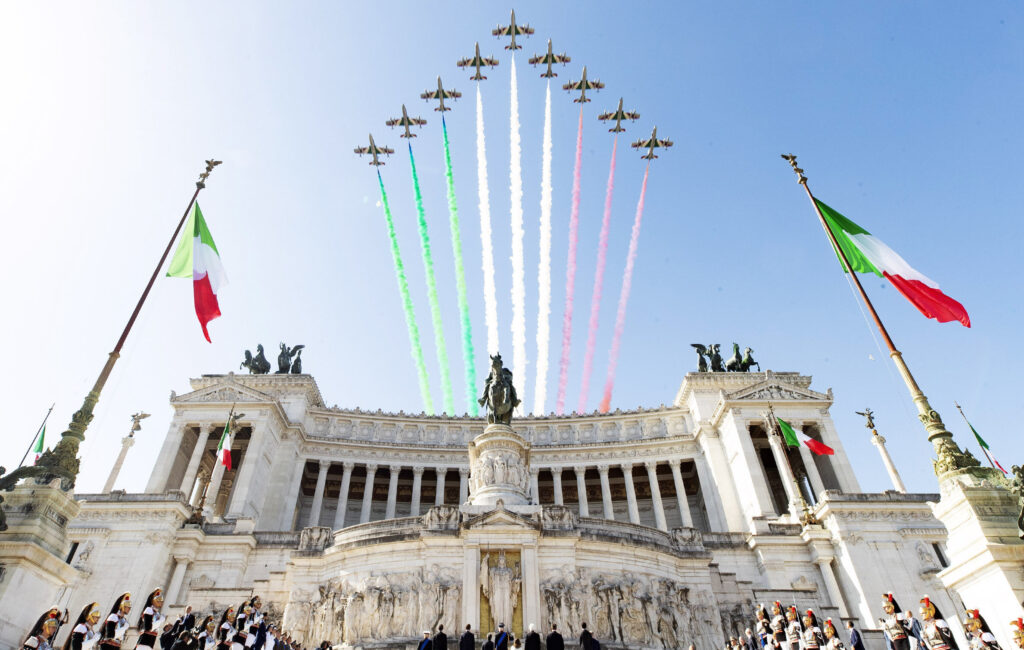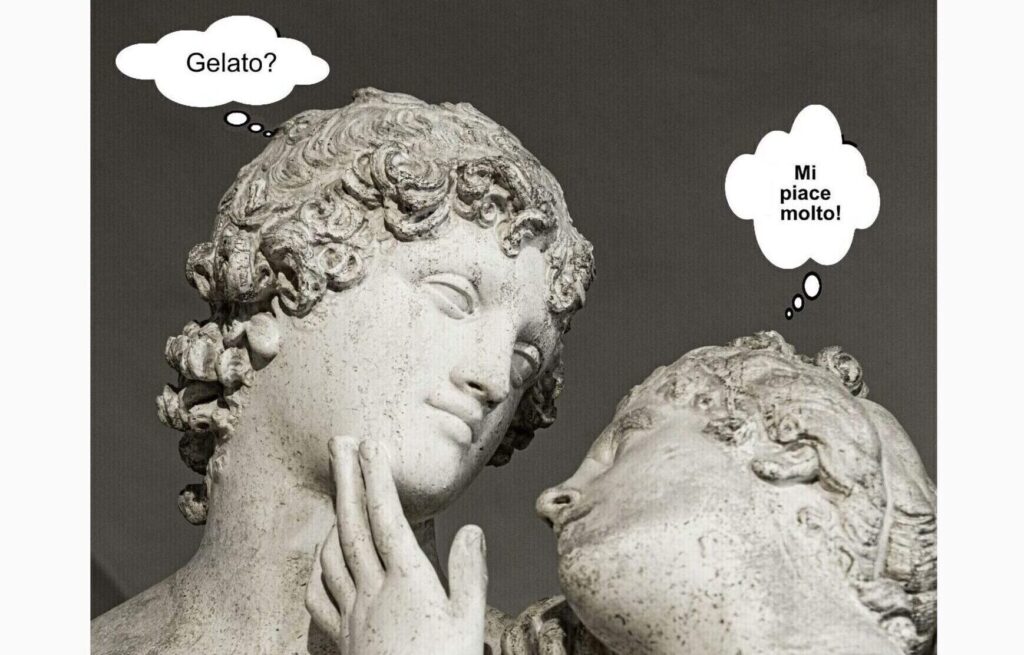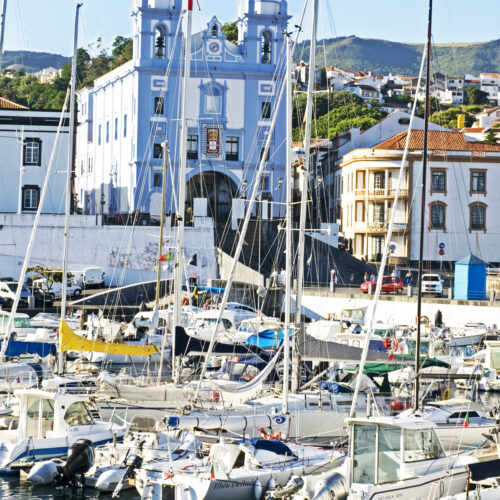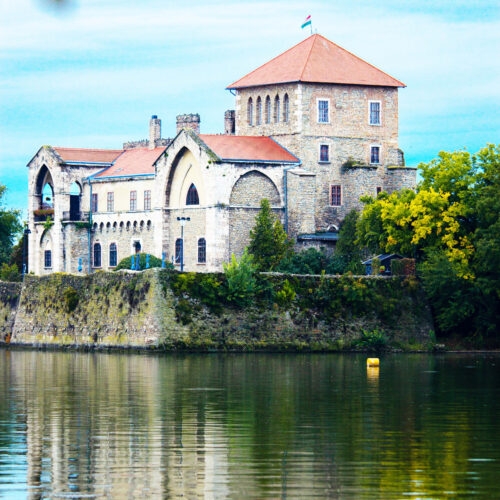Mastering Mangia and Mamma Mia Moments on June 2 for Festa della Repubblica (National Italy Day)
June 2 is National Italy Day also known as, Festa della Repubblica. So, we’re celebrating with thirty words and phrases that will make visiting Italy an enriching journey. Of course, the country is filled with breathtaking landscapes, mouthwatering cuisine, and warm hospitality, but as you embark on your adventure to this captivating country, we’re here to help ready yourself with key Italian phrases to navigate it easier.
Whether you’re strolling through the cobblestone streets of Rome, indulging in the culinary delights of Florence, or basking in the beauty of Venice’s canals, grasping the language will enhance your experience and foster meaningful connections with the locals.
It’s all about Italian culture on National Italy Day, which is celebrated on June 2 each year when the nation commemorates its rich history and heritage. Let’s delve into the linguistic tapestry of Italy and prepare to embrace its charm and charisma.
Buon viaggio! (Happy travels!)
Here are 30 useful Italian words and phrases for travelers, along with their meanings:

- Ciao – Hello/Goodbye: A casual way to greet someone or bid farewell.
- Grazie – Thank you: Expresses gratitude.
- Prego – You’re welcome: A polite response to “Grazie.”
- Per favore – Please: Used to make requests politely.
- Scusa – Excuse me/Sorry: Used to get someone’s attention or to apologize.
- Mi scusi – Excuse me (formal): A more formal version of “Scusa.”
- Buongiorno – Good morning/Good day: Used to greet someone in the morning or during the day.
- Buonasera – Good evening: Used to greet someone in the evening.
- Buonanotte – Goodnight: Used to bid someone goodnight.
- Mi chiamo… – My name is…: Introduce yourself.
- Dov’è il bagno? – Where is the bathroom?: Useful for finding facilities.
- Quanto costa? – How much does it cost?: Handy for shopping and dining.
- Posso avere il conto, per favore? – Can I have the bill, please?: Used in restaurants.
- Mi piacerebbe… – I would like…: Useful for ordering or requesting something.
- Parla inglese? – Do you speak English?: Helpful when communicating in English.
- Non capisco – I need help understanding: Indicates a lack of comprehension.
- Mi scusi, parla più lentamente, per favore – Excuse me, can you speak more slowly, please?: Useful if someone is speaking too quickly.
- Mi piace molto – I like it a lot: Expresses enjoyment or appreciation.
- Dove si trova…? – Where is…?: Helps in finding locations.
- A che ora…? – At what time…?: Used to inquire about time.
- Sì – Yes: Indicates agreement or affirmation.
- No – No: Indicates negation or refusal.
- Va bene – Okay/All right: Indicates agreement or acceptance.
- Mi dispiace – I’m sorry: Expresses regret or sympathy.
- È delizioso! – It’s delicious!: Used to compliment food.
- Sto cercando… – I’m looking for…: Helps in seeking directions or items.
- Che ora è? – What time is it?: Inquires about the time.
- Gelato – Ice cream: A popular Italian treat.
- Vino – Wine: Italy is famous for its wines.
- Pizza – Pizza: A classic Italian dish loved worldwide.

Did you know?
Italy’s National Day is on June 2. During this celebration, Italians take to the streets with parades, concerts, and other festivities, making it an ideal time for travelers to immerse themselves in the vibrant culture and experience authentic Italian hospitality.
A little history:
June 2nd marks a pivotal moment in the country’s history. Following the end of World War II, Italy held a referendum in 1946 to decide whether to retain its monarchy or become a republic. On June 2 of that year, the Italian people voted overwhelmingly to abolish the monarchy, leading to the establishment of the Italian Republic and Italy as we know it today. This significant event signaled a new era for Italy, characterized by democracy and unity.
These days, National Italy Day is celebrated across the nation with patriotic fervor, with buildings decked out in green, white and red decor, Italian flag lined roadways, all the while, showcasing Italy’s rich cultural heritage and enduring spirit of resilience.



